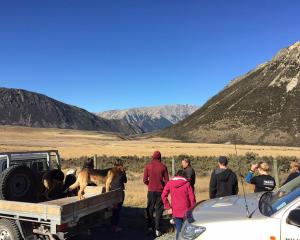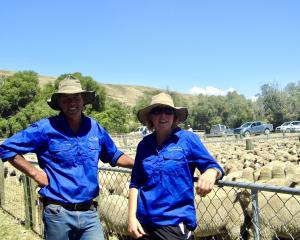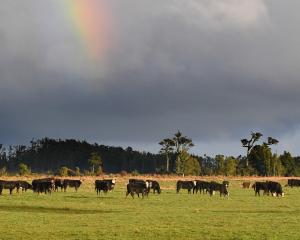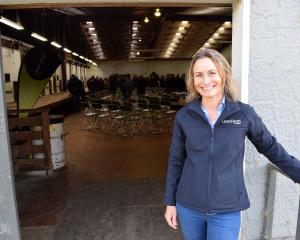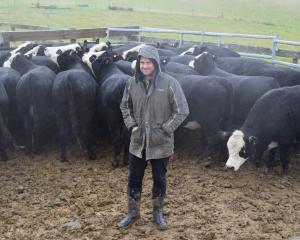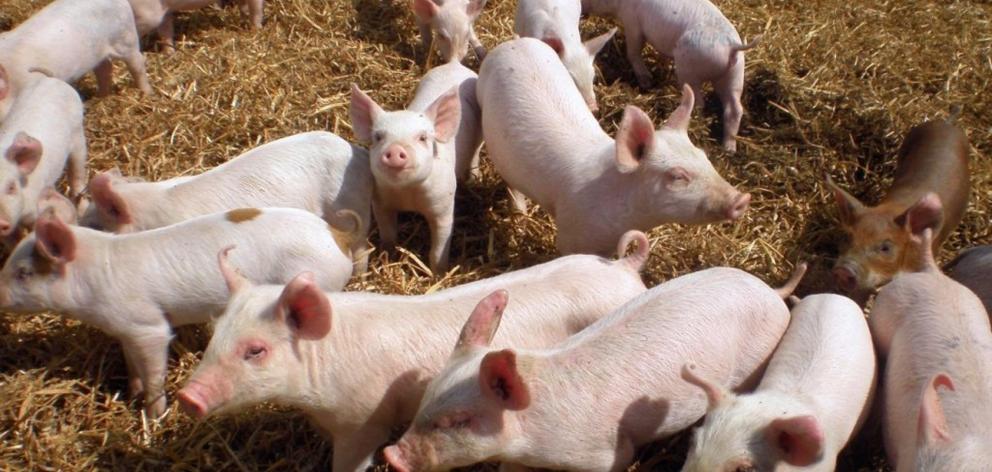
The disease, which has wiped out well over half of China’s pig population, has implications for local pricing, as the Chinese market turned to alternative sources of quality red meat, in particular New Zealand beef.
Numbers from the Meat Industry Association show that China took a disproportionate amount of red meat overall last year, importing just under $3billion of products, or 49% more than the previous year.
New Zealand Pork data shows that New Zealand produces about 40% of the 110,000 tonnes of pork it consumes and the bulk imported from North America and the EU.
The weighted average price for pigs in New Zealand is around $4/kg, compared to $3.70/kg a year ago, New Zealand Pork general manager David Baines says.
However, IBIS Worldanalysis senior analyst Matthew Reeves estimated that average New Zealand pork prices could rise at least 25% this year, to reach $4.62/kg.
He said while beef and lamb prices were also likely to increase, this would not be to the same extent, with rates of 4.2% and 5.9% respectively.
Mr Baines said while people shopping for fresh pork should not notice any major change, the obvious difference would be with surging bacon and pork-based processed meats, which is where the bulk of imported pork was used.
He said there were implications at the manufacturing level, where increasing costs were putting pressure on companies which were competing at the price-sensitive end of the market.
Nor is the industry in a position to increase production to take up the shortfall, he said.
Higher costs as a result of ASF were cited as the reason for the closure of the Dunedin Craft Meat Company last week.
"Typically, we would have seen pork prices drop after Christmas but the schedule has not dropped, which is pleasing for farmers but does present some challenges at the buyer end of the market," Mr Baines said.
Havoc Farm Pork sales and marketing manager John Grant said while prices had lifted steadily, there had been no dramatic, overnight changes.
He said the company, which sells mainly into high-end restaurants with some local retail trade, had noted a 20% increase at its "lower priced end".
"Our reliance on imported pork has made our industry unsustainable, so we are also very reliant on international pricing, particularly at the volume, consumer end."
Mr Baines said local farms were also being more vigilant concerning biological security.
"The issue with large free farms, like Patoa Farms in North Canterbury for example, include intrusions from wild pigs, which are a major security concern."
Mr Baines said while the disease was a fillip for New Zealand meat exporters, there were signals that the Chinese market had reached a pricing plateau for alternative meat sources.
"Pork is still the meat of choice in China. That isn’t likely to change overnight."


